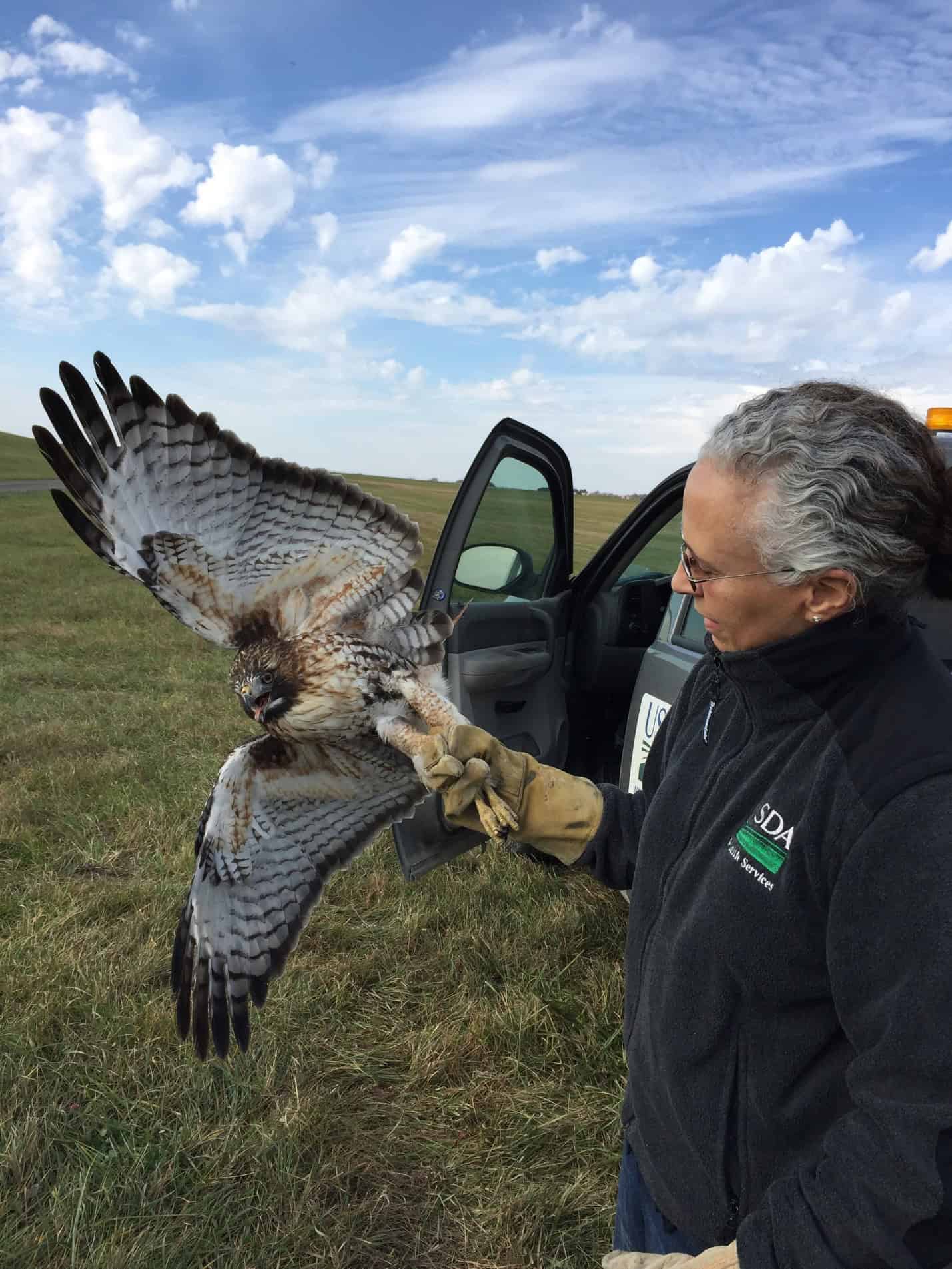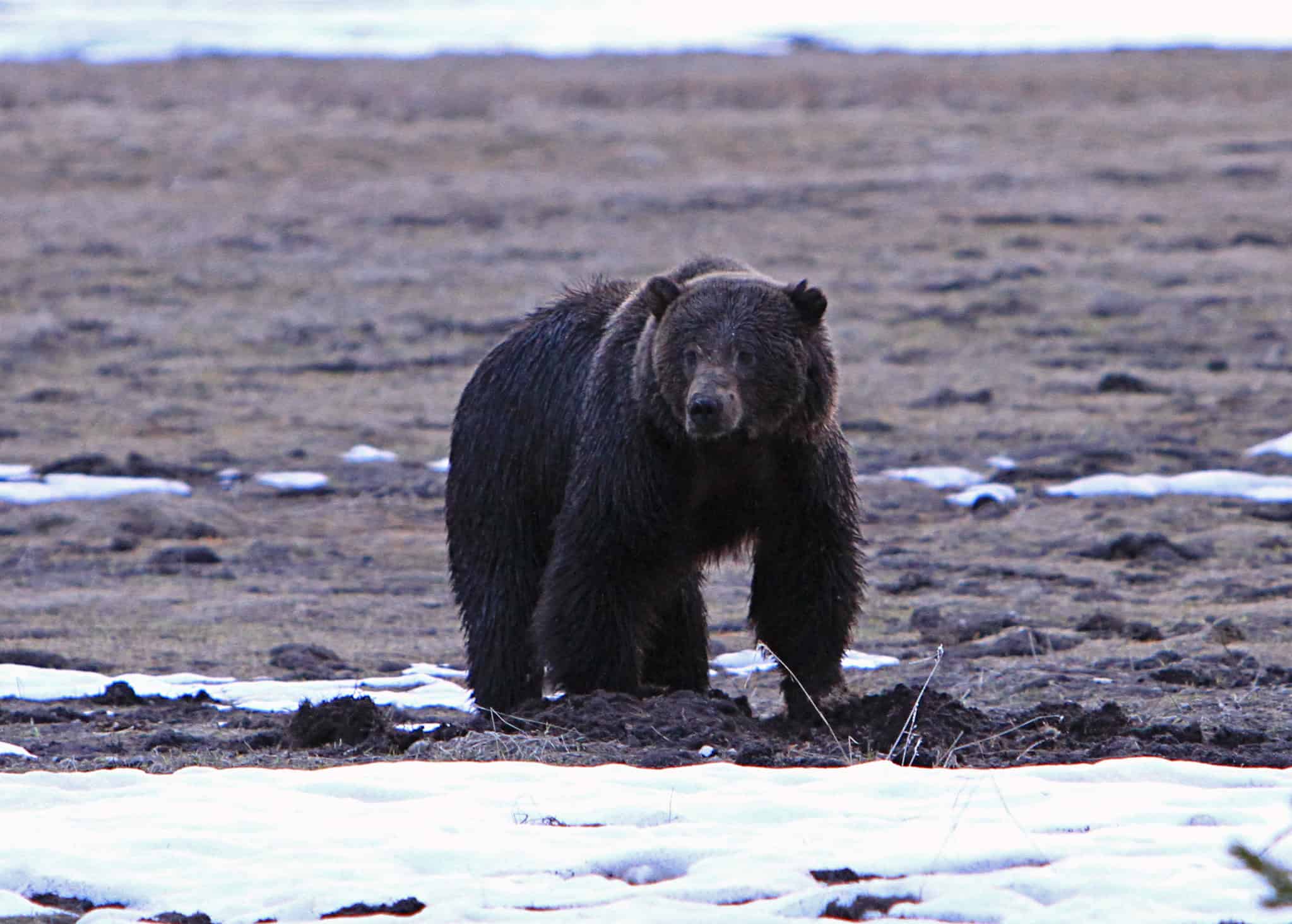Share this article
Sportsmen’s bill passes in House without Arctic protections
A controversial sportsmen’s bill was passed by the House of Representatives on Feb. 26, nearly ten months after its introduction to the House Committee on Natural Resources.
The Sportsmen’s Heritage and Recreational Enhancement Act (H.R. 2406), also known as the SHARE Act, is an effort to improve opportunities for recreational hunting, fishing and shooting.
The omnibus bill includes multiple provisions that expand the use of firearms for recreational purposes on public lands. Included in the bill is the Target Practice and Marksmanship Training Support Act which would facilitate the construction and expansion of public target ranges, and includes amendments to the Pittman-Robertson Act to allocate funds for these expansions.
The Fish and Wildlife Coordination Act was also amended so that the Wildlife & Hunting Heritage Conservation Council is permanently authorized to advise the Secretaries of the Interior and Agriculture on wildlife and habitat conservation, and recreational hunting and shooting.
The SHARE Act’s more controversial provisions include the delisting of gray wolves in Wyoming and the western Great Lakes, and limiting the ability of federal agencies to regulate the use of ammunition and fishing tackle based on lead (Pb) content. These limitations, however, would not apply to U.S. Fish and Wildlife Service or the National Park Service.
Among the bill’s failed provisions was the Arctic Refuge wilderness amendment introduced by Representative Huffman (CA-R). If enacted, this amendment would have designated all of Arctic National Wildlife Refuge as “wilderness,” a designation that would permanently ban oil drilling within the refuge. Currently less than half of the refuge’s 19.6 million acres is protected from energy development. The proposed amendment failed to make it on the bill when put to vote on the House floor.
The SHARE Act will now move to the Senate for consideration and must pass in identical form before being signed into law. The Senate has been considering similar legislation for several months.
For more information, see TWS’ related position statement and fact sheets.
Header Image: ©U.S. Fish and Wildlife Service HQ








